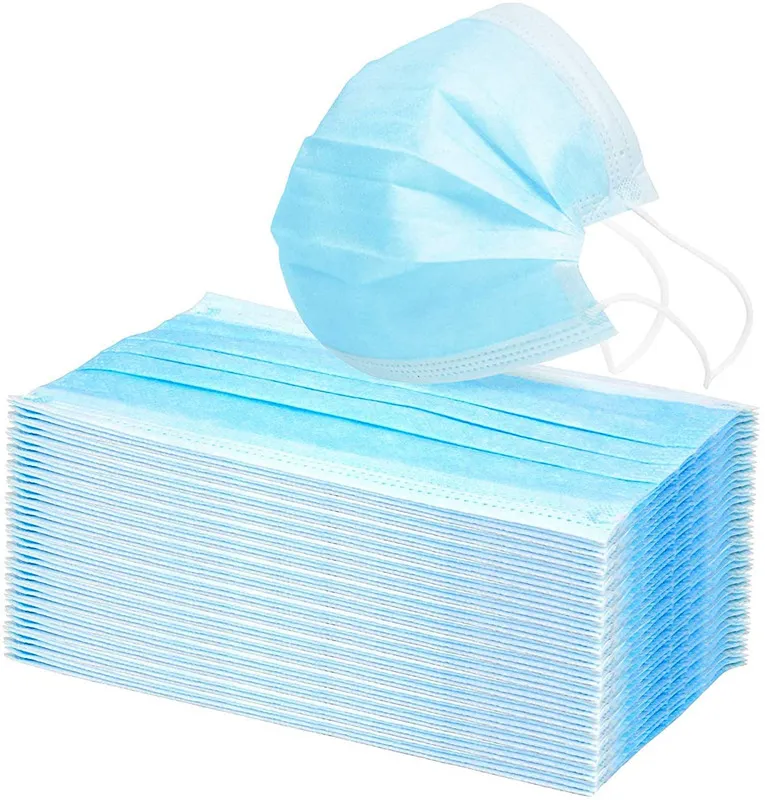In recent years, masks are no longer just a necessary protective equipment for nurses and doctors in hospitals. It has become the only choice for many people to prevent infectious diseases, especially in densely populated cities. So, what are the advantages of masks?
First of all, masks can effectively prevent the spread of viruses, bacteria and other microorganisms and protect personal health. Especially for airborne diseases such as influenza and SARS, masks can filter out viruses and bacteria in the air and reduce the risk of infection.
Secondly, masks can also protect environmental hygiene. When someone is sick, masks can prevent his viruses and bacteria from spreading to others, reducing the risk of virus transmission and protecting people around him.
In addition to the above advantages, there are many benefits that we may not have noticed. For example, when there are many pollutants in the air, masks can also help purify the air and breathe more healthily. In addition, in the cold weather in winter, masks can keep warm and prevent respiratory infections.
However, relying solely on masks to prevent diseases may not be enough. In addition to wearing masks, we should also pay attention to washing hands frequently, keeping healthy, avoiding excessive fatigue, etc., and do multi-faceted prevention work.
In summary, the advantages of masks are obvious. However, it is not a panacea, and it is not advisable to rely entirely on masks to prevent diseases. Therefore, we need to take a variety of preventive measures, maintain good health, and adhere to good habits such as frequent hand washing and wearing masks to prevent the spread and prevalence of diseases.
